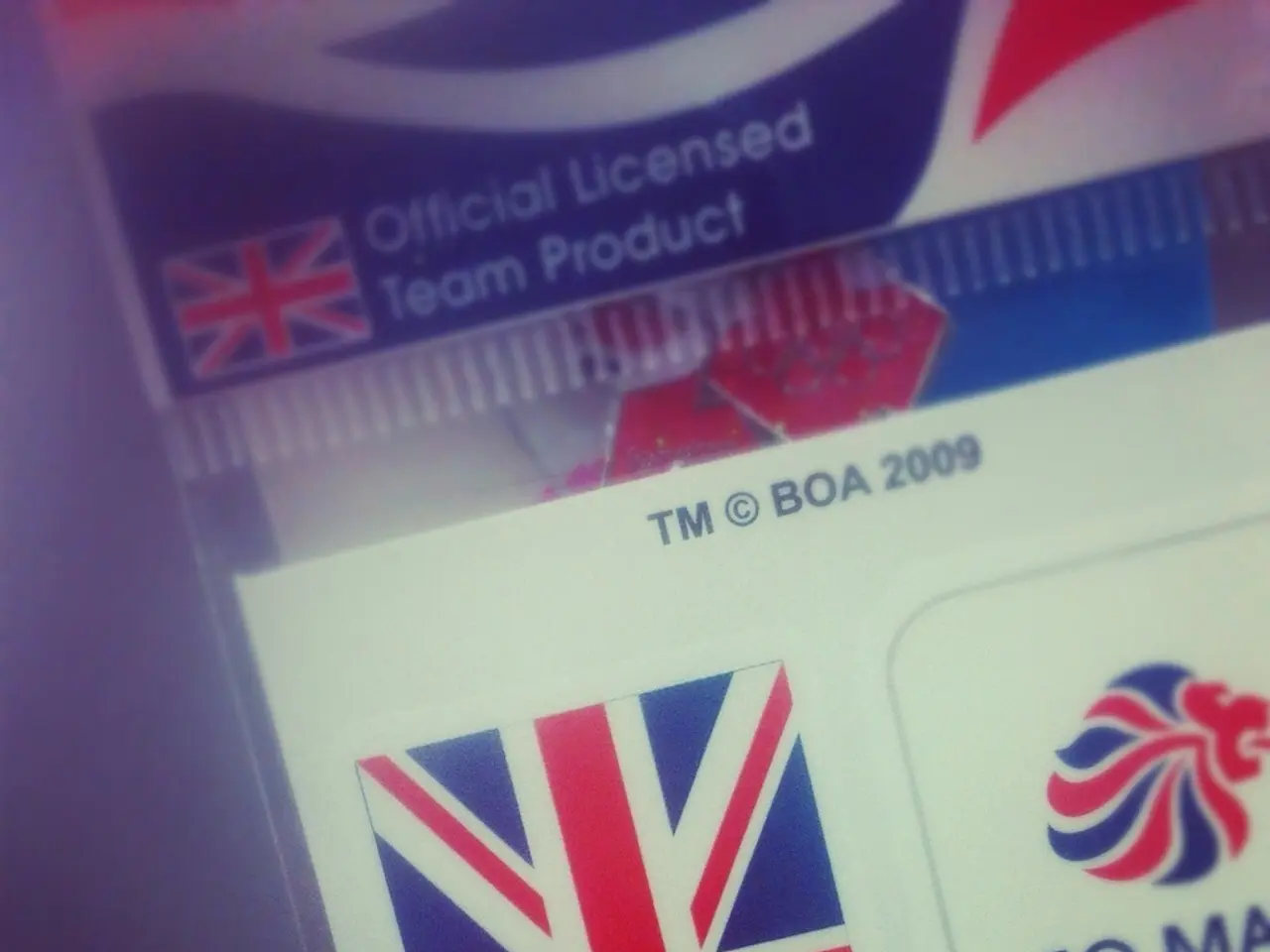Is Your Auto Dealer Software Undermining Quality Employees?
In the fast-paced world of dealerships, ensuring compliance and fostering a supportive work environment are crucial for long-term success. Here's how dealerships can identify and address systemic issues that may be hindering their employees.
Adopting Technology to Drive Compliance
Dealerships can leverage compliance technology that drives activity and flags risks. Automating and integrating compliance steps directly into workflows can help ensure policies and processes are enforced. Adopting a platform that offers automated ID verification, document review, and soft-pull credit checks can empower employees to do their jobs accurately.
Root Cause Analysis and Transparency
To identify and address systemic issues, dealerships should conduct thorough root cause analysis. By asking "why" repeatedly, they can uncover underlying systemic problems such as unclear processes, insufficient training, or poor leadership alignment. Encouraging open communication internally and externally builds trust and reduces friction.
Evaluating Metrics and Workflows
Critically evaluating dealership metrics and workflows can help identify inefficiencies affecting employee success. Measuring key performance indicators (KPIs) helps spot profit leaks and gaps in operational effectiveness. Dealerships should aim to align people, processes, productivity, and profitability across departments.
Investing in Training and Support
Generic training is often insufficient. Focused, role-specific development enables employees to handle real challenges effectively, increasing competence and confidence. Supplement training with practice aids and clear templates.
Constructive Conflict Resolution
Conflicts should be addressed constructively by bringing involved parties together, encouraging open dialogue, and finding win-win solutions to preserve team cohesion and morale.
Fostering a Culture of Growth
A culture that values growth over perfection fosters a mindset that sees fewer repeat mistakes and stronger employee loyalty. A dealership with a strong culture does not just recruit talent, but develops it.
In conclusion, identifying systemic dealership culture issues requires data-driven analysis of workflows and financials, open communication to surface hidden conflicts or frustrations, and targeted interventions including tailored training and process improvement. A systemic focus shifts the solution from blaming individuals to building a supportive framework that empowers even the best employees to succeed consistently.
Remember, a bad orchard produces nothing but bad apples, while investing in better tools, clearer training, and a supportive culture elevates your people. The dealership's current structure might be setting up even the best employees to fail. Mistakes are inevitable, but a culture of transparency and continuous improvement is key.
- By examining the dealership's financial data and business processes, it might become evident that the industry's standards for compliance in financial matters are not being met, hindering the dealership's overall success.
- In order to foster a constructive and supportive work environment, focusing on continuous training and development for employees – especially in specific business roles – can ensure better employee performance, which in turn boosts productivity and profitability within the dealership.





